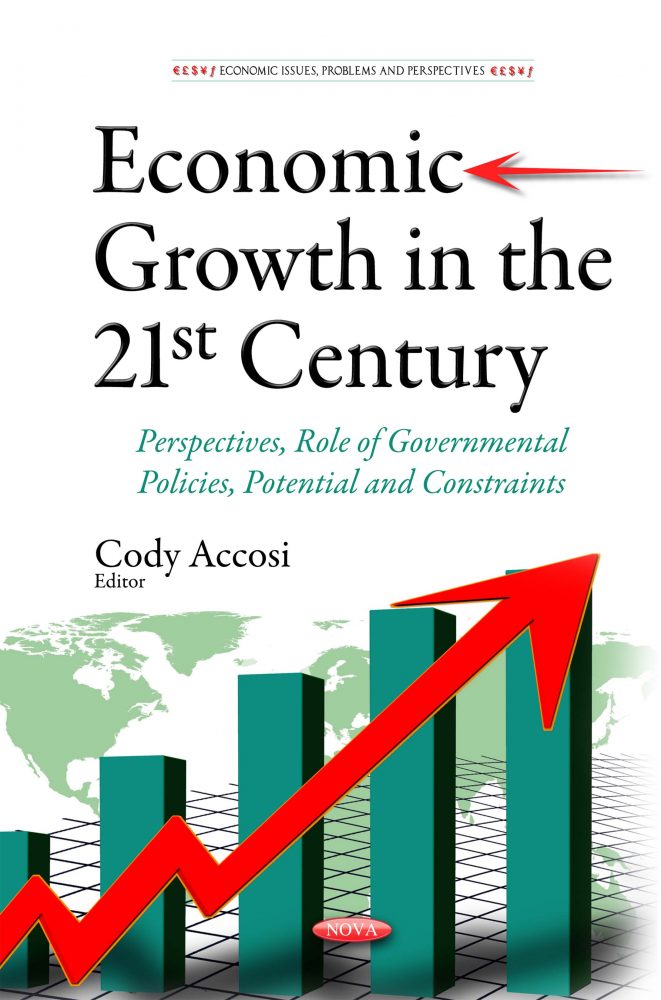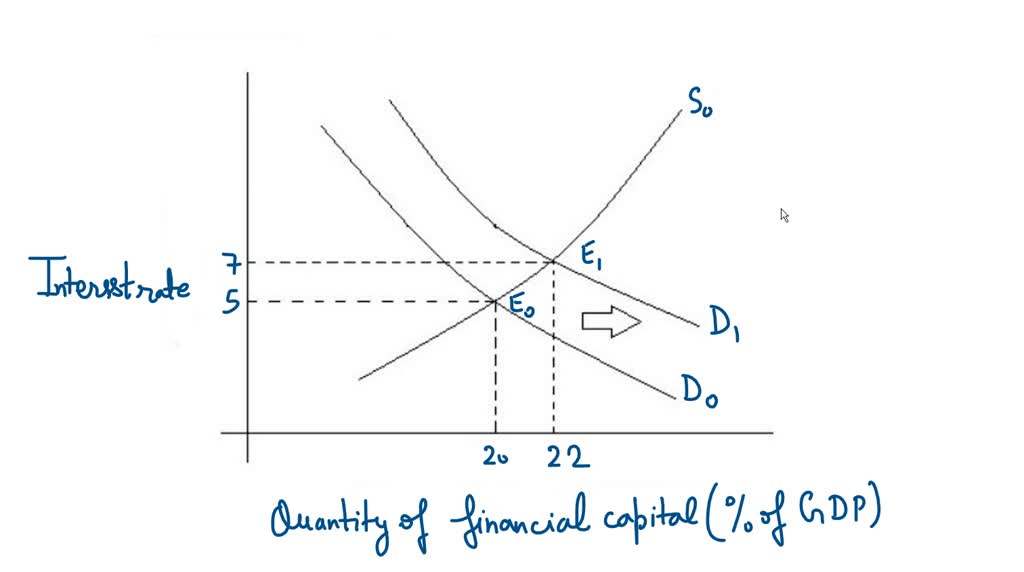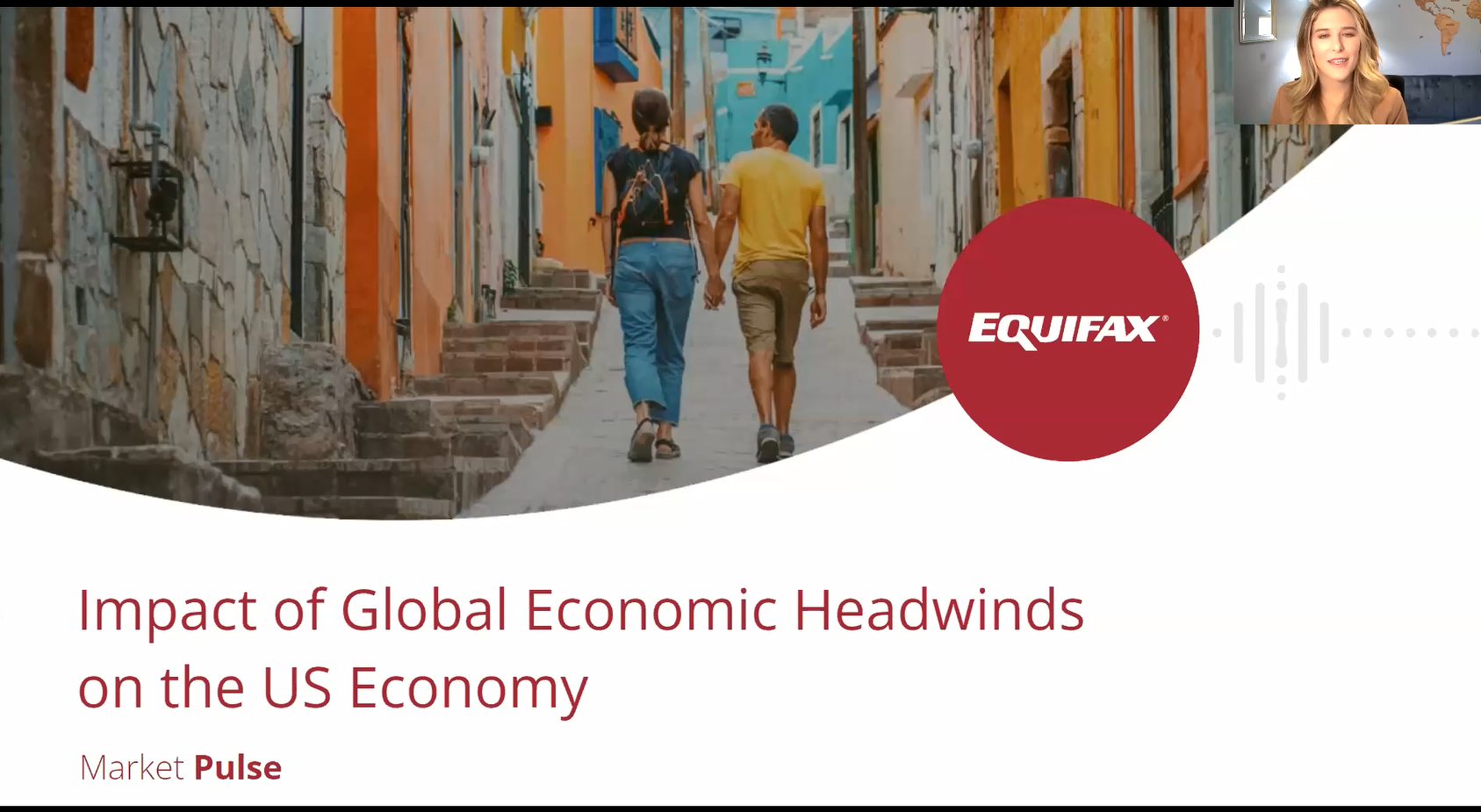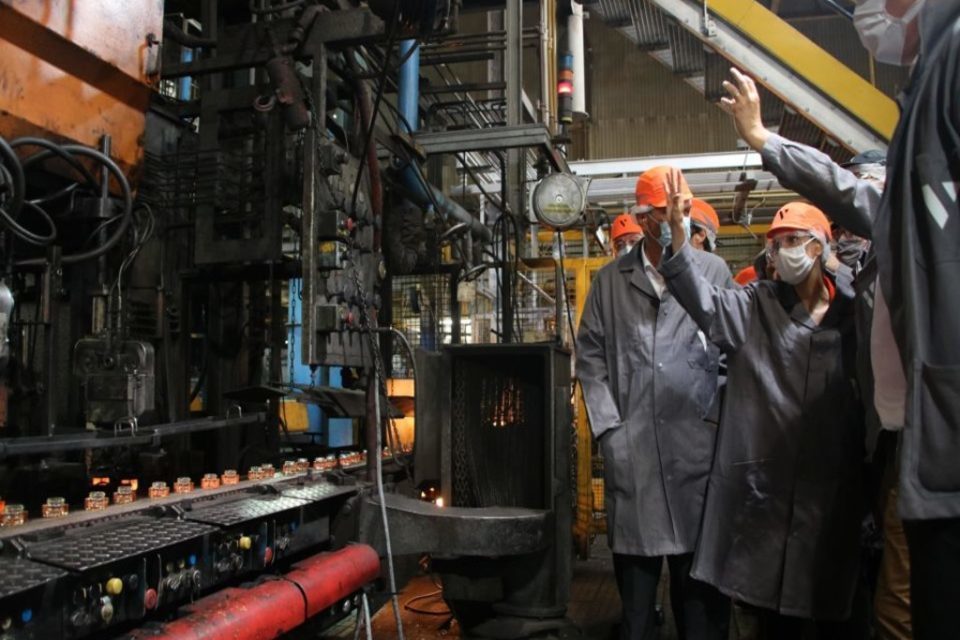Reform UK And Agriculture: Assessing Their Policies And Potential Impact

Table of Contents
Reform UK's Stance on Agricultural Subsidies
Reform UK's approach to agricultural subsidies represents a significant departure from current practices. Their policies aim to create a more market-driven agricultural sector, reducing government intervention and promoting efficiency.
Ending Direct Payments
Reform UK proposes eliminating direct payments to farmers, a cornerstone of the current agricultural support system. The rationale is that direct payments distort the market, creating inefficiency and shielding less competitive farms. Ending these payments aims to force consolidation and promote only the most efficient and adaptable farming practices.
- Impact on small farms: Small farms, particularly those reliant on direct payments for survival, face the most significant threat. Many could be forced out of business, leading to a reduction in the number of farms and potentially impacting rural communities.
- Potential for farm consolidation: Larger, more commercially viable farms are likely to absorb smaller ones, resulting in a more concentrated agricultural landscape. This could lead to concerns about monopolies and reduced competition.
- Increased reliance on market prices: Farmers will become entirely reliant on market prices for their income, making them vulnerable to price fluctuations and global market forces. This uncertainty could lead to financial instability.
Reform UK hasn't explicitly detailed alternative support mechanisms, raising concerns about the transition process and the potential for significant hardship among farmers. Their focus appears to be on creating a free market environment where only the fittest survive.
Environmental Land Management Schemes (ELMS)
Reform UK's position on ELMS is less clear but generally suggests a reduction in the current level of government intervention. While they haven't explicitly called for the complete abolition of environmental schemes, their emphasis on market forces suggests a shift towards a less regulated approach.
- Potential for reduced environmental protection: A reduction in government funding and regulation could weaken environmental protections, potentially leading to reduced biodiversity and increased carbon emissions.
- Changes to biodiversity schemes: Current ELMS incentivize farmers to adopt practices that benefit biodiversity. Reform UK's approach could lead to less emphasis on biodiversity, favouring production over environmental preservation.
- Effect on carbon sequestration targets: The UK has ambitious carbon sequestration targets. Reduced investment in environmental schemes could compromise the ability of the agricultural sector to meet these targets.
Reform UK's criticisms of current ELMS often center on their perceived inefficiency and bureaucracy. They likely advocate for simpler, more market-based mechanisms to incentivize environmental stewardship, though the specifics remain unclear.
Trade Policies and their Impact on British Farming
Reform UK's perspective on trade is largely driven by their belief in free markets and reduced government intervention. This approach has implications for British agriculture, particularly regarding competition from cheaper imports.
Brexit and Agricultural Imports
Reform UK generally supports a free trade approach post-Brexit. This stance could result in increased competition from cheaper agricultural imports from countries with lower production costs and less stringent environmental regulations.
- Impact on specific agricultural sectors: Sectors like dairy and beef could be particularly vulnerable to competition from countries with significantly lower production costs.
- Potential for price drops: Increased competition could lead to price drops for domestically produced agricultural goods, squeezing farmers' profit margins.
- Implications for food security: While free trade can increase access to affordable food, it also raises concerns about the UK's ability to produce enough food to meet its own needs.
Reform UK's support for specific trade deals would need further investigation to ascertain the exact impact on UK farmers. Their general pro-free trade stance suggests a willingness to accept increased competition.
Food Security and Self-Sufficiency
Reform UK's approach to food security appears to be less focused on self-sufficiency and more on ensuring a competitive market. This approach carries risks for the UK's ability to produce its own food.
- Potential reliance on imports: A market-driven approach could result in a greater reliance on food imports, increasing vulnerability to global supply chain disruptions.
- Impact on food prices: Increased reliance on imports could expose the UK to global food price volatility.
- Implications for national resilience: A less self-sufficient agricultural sector could reduce the UK's resilience to shocks such as pandemics or geopolitical instability.
Reform UK's policies haven't explicitly addressed the balance between promoting domestic production and engaging in international trade. This lack of clarity creates uncertainty regarding their commitment to maintaining a robust and resilient domestic agricultural sector.
Technological Advancements and the Future of Farming under Reform UK
Reform UK's perspective on technology in agriculture is likely to be positive, given their emphasis on efficiency and market-driven solutions.
Innovation and Investment
While not explicitly detailed, Reform UK's stance suggests support for technological advancements that increase efficiency and productivity.
- Support for precision agriculture: Technologies like GPS-guided machinery and data-driven decision-making could be welcomed as ways to optimize farming practices.
- Investment in research and development: Investment in agricultural technology research and development is likely to be favoured, driving innovation and competitiveness.
- Use of technology to enhance efficiency and sustainability: Reform UK might support the use of technology to reduce inputs (e.g., fertilizers, pesticides) and improve resource management.
The extent of government support for these technologies under a Reform UK government requires further investigation.
The Role of Technology in Environmental Sustainability
Reform UK's policy on using technology for environmental sustainability within agriculture is not explicitly stated. However, their emphasis on market forces may lead to the adoption of technologies that are cost-effective and improve efficiency, indirectly contributing to sustainability.
- Use of technology to reduce emissions: Technologies aimed at reducing greenhouse gas emissions from agriculture, such as improved manure management systems, could be encouraged through market incentives.
- Improve water management: Precision irrigation technologies could be adopted to optimize water use and reduce water waste.
- Enhance soil health: Technological advancements in soil management, such as precision nutrient application, could be adopted to improve soil health and reduce reliance on chemical inputs.
Whether Reform UK policies would actively incentivize the adoption of sustainable technologies by farmers through subsidies or regulations remains unclear.
Conclusion
Reform UK's agricultural policies present a potentially disruptive shift away from current support systems. While proponents might point to the potential for increased market efficiency and reduced government intervention, critics may express concerns about the impact on small farms, environmental protection, and food security. A thorough analysis of the details of their proposals is crucial for understanding their potential long-term effects on the British agricultural landscape. Further research into the detailed plans on Reform UK and Agriculture is essential before forming a comprehensive opinion. Continue exploring the intricacies of their policy proposals to gain a clearer perspective on their vision for British agriculture.

Featured Posts
-
 Canada Facing Ultra Low Economic Growth Expert Analysis And Implications
May 03, 2025
Canada Facing Ultra Low Economic Growth Expert Analysis And Implications
May 03, 2025 -
 Tulsas Winter 2024 A Statistical Look At The Season
May 03, 2025
Tulsas Winter 2024 A Statistical Look At The Season
May 03, 2025 -
 Chinas Impact On Bmw And Porsche Market Headwinds And Strategic Responses
May 03, 2025
Chinas Impact On Bmw And Porsche Market Headwinds And Strategic Responses
May 03, 2025 -
 L Intelligence Artificielle Un Enjeu De Patriotisme Economique Pour Macron
May 03, 2025
L Intelligence Artificielle Un Enjeu De Patriotisme Economique Pour Macron
May 03, 2025 -
 The Psychology Of Misinformation Cnns Analysis Of Fact Vs Belief
May 03, 2025
The Psychology Of Misinformation Cnns Analysis Of Fact Vs Belief
May 03, 2025
Latest Posts
-
 Fortnite Server Status Chapter 6 Season 3 Galactic Battle
May 03, 2025
Fortnite Server Status Chapter 6 Season 3 Galactic Battle
May 03, 2025 -
 Lisa Ann Keller A Life Celebrated In East Idaho
May 03, 2025
Lisa Ann Keller A Life Celebrated In East Idaho
May 03, 2025 -
 Remembering Lisa Ann Keller Obituary And Service Information
May 03, 2025
Remembering Lisa Ann Keller Obituary And Service Information
May 03, 2025 -
 Fortnite Chapter 6 Season 2 Server Downtime What We Know
May 03, 2025
Fortnite Chapter 6 Season 2 Server Downtime What We Know
May 03, 2025 -
 Moskva Eskortnitsy I Ikh Zhizn V Kladovkakh Gorkaya Pravda
May 03, 2025
Moskva Eskortnitsy I Ikh Zhizn V Kladovkakh Gorkaya Pravda
May 03, 2025
